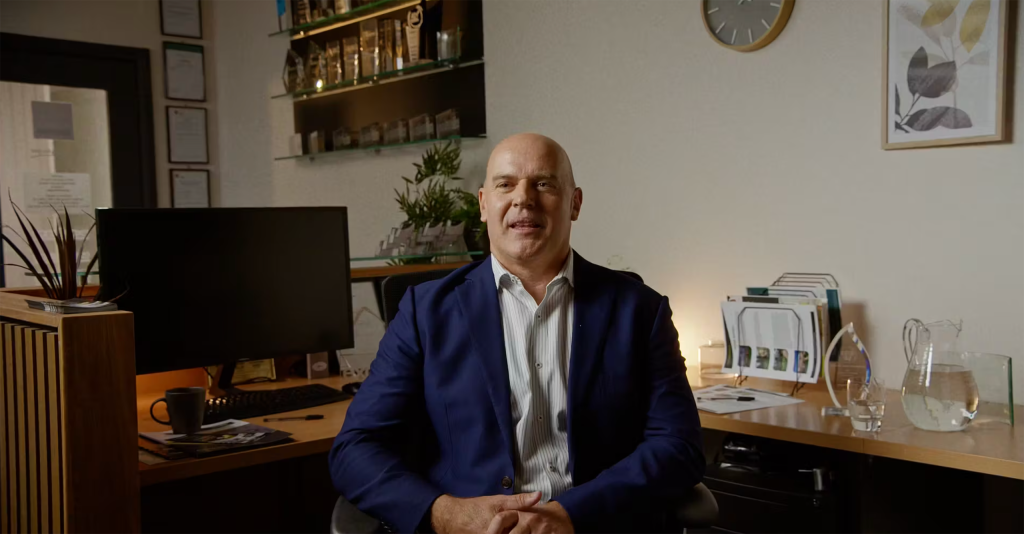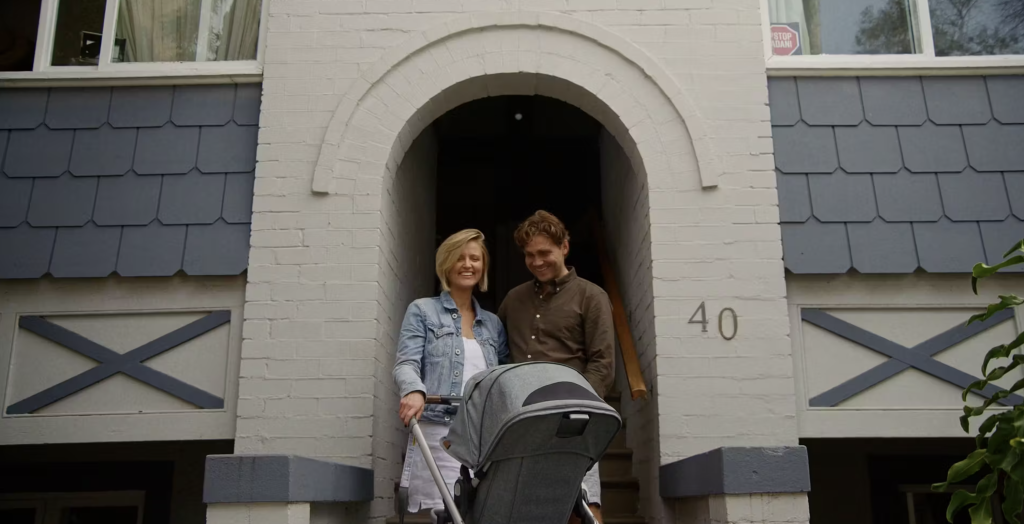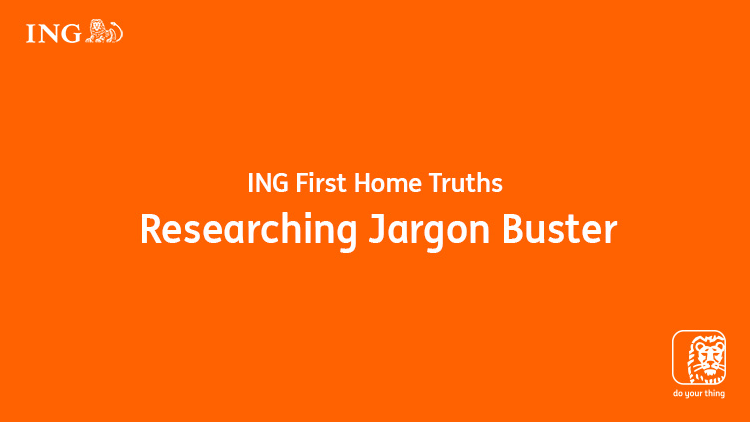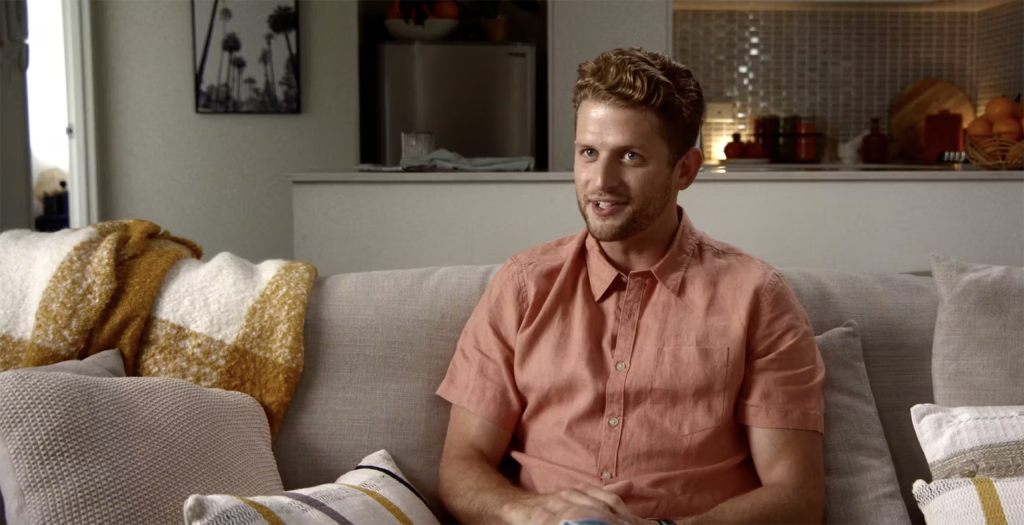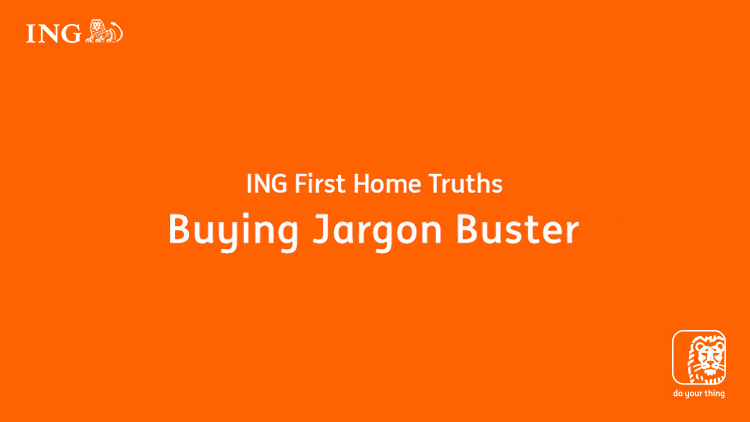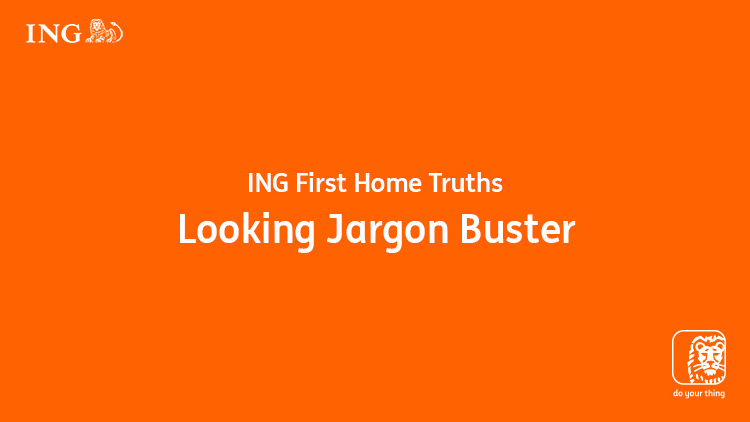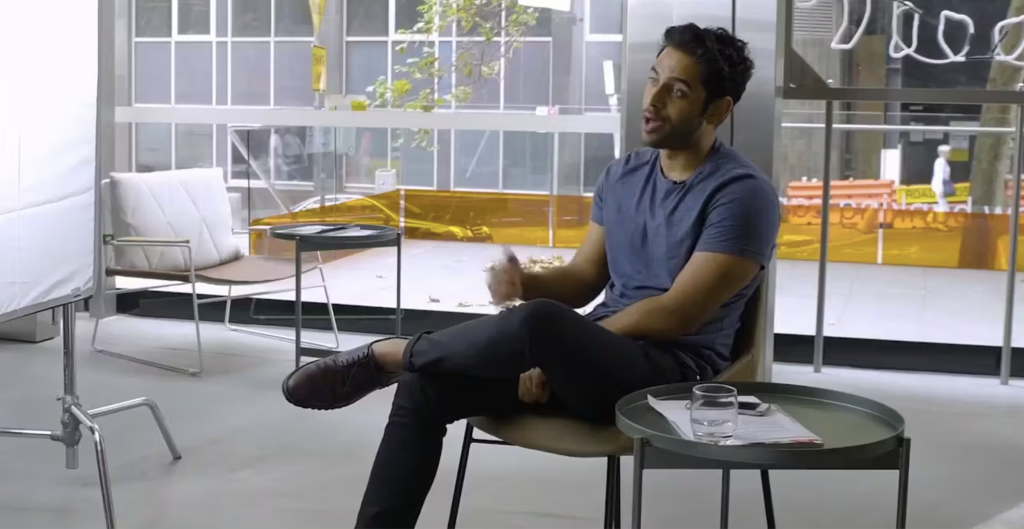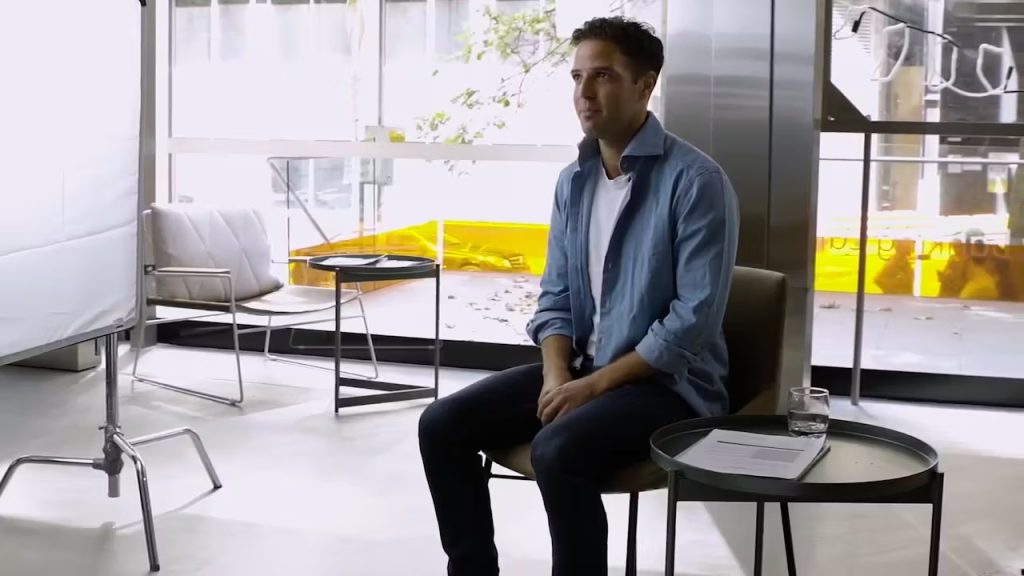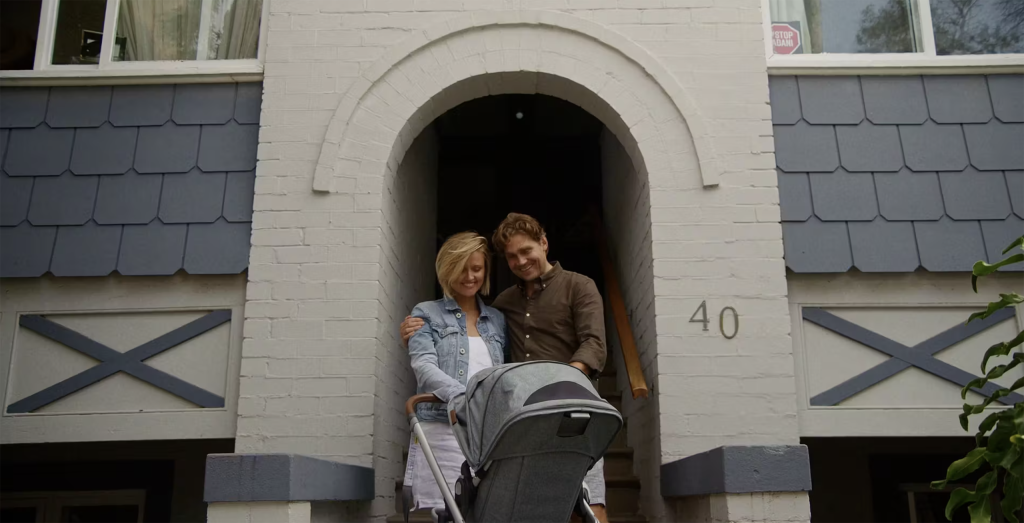Getting ready to bid

Auction time is a whirlwind, but preparation pays. Here are four steps you can take to keep your cool so you can rule.
In relation to our credit products, you should consider our Terms and Conditions booklet, Fees and Limits Schedule, Credit Guide and Key Facts Sheet available at ing.com.au when deciding whether to acquire, or to continue to hold, a credit product.
Did you find this page helpful?
You might be interested
First home buyer cheat sheet

Important information
Eligibility and credit criteria apply to ING home loans. ING is a business name of ING Bank (Australia) Limited | ABN 24 000 893 292 | AFSL and Australian Credit Licence 229823.
In relation to our credit products, you should consider our Terms and Conditions booklet, Fees and Limits Schedule, Credit Guide and Key Facts Sheet available at ing.com.au when deciding whether to acquire, or to continue to hold, a credit product.
Did you find this page helpful?
You might be interested
Real Estate agents
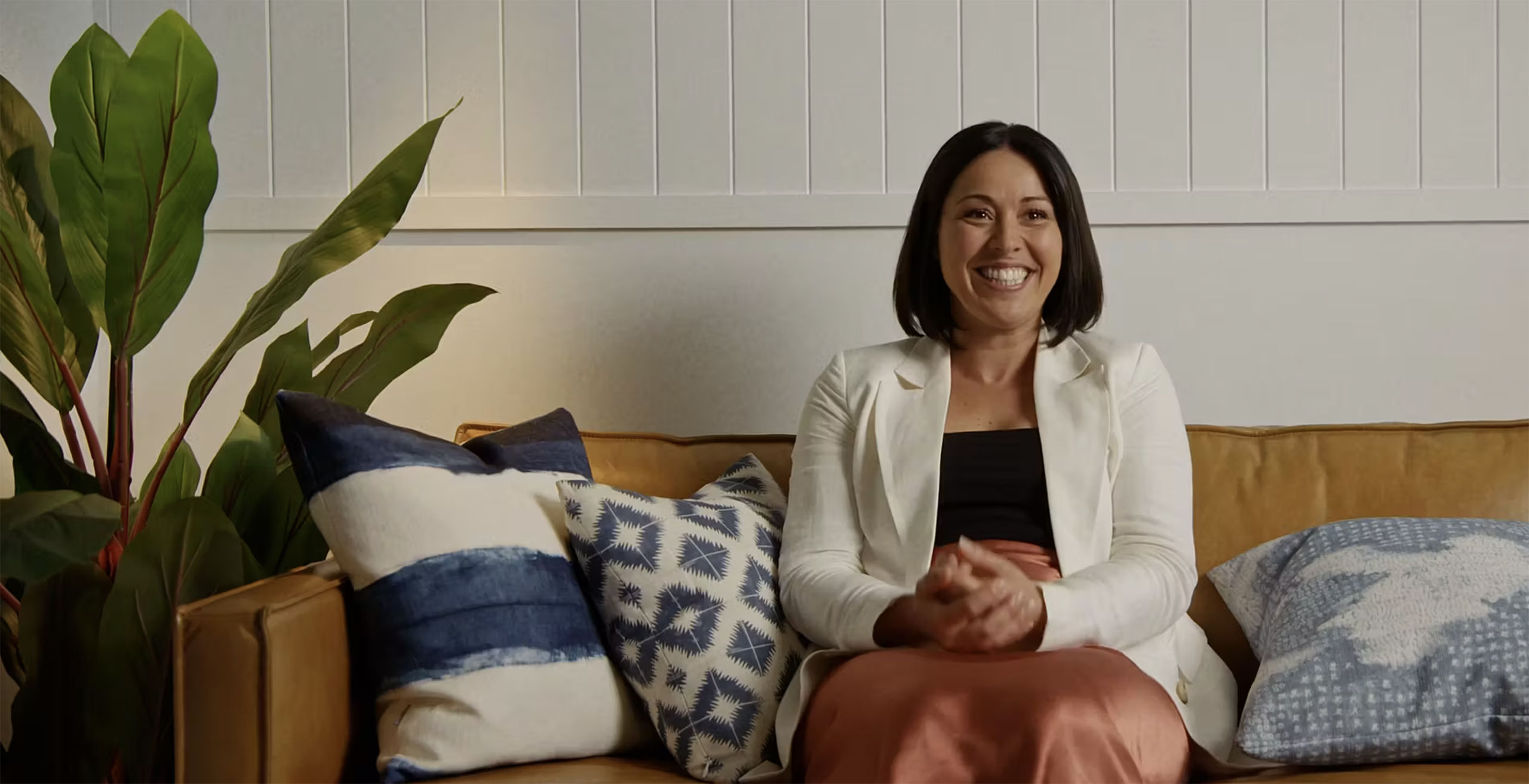
Kelly proves that agents are human and that asking them the right questions can help you be a better property player.
In relation to our credit products, you should consider our Terms and Conditions booklet, Fees and Limits Schedule, Credit Guide and Key Facts Sheet available at ing.com.au when deciding whether to acquire, or to continue to hold, a credit product.
Did you find this page helpful?
You might be interested
What’s the difference? Private treaties versus auctions
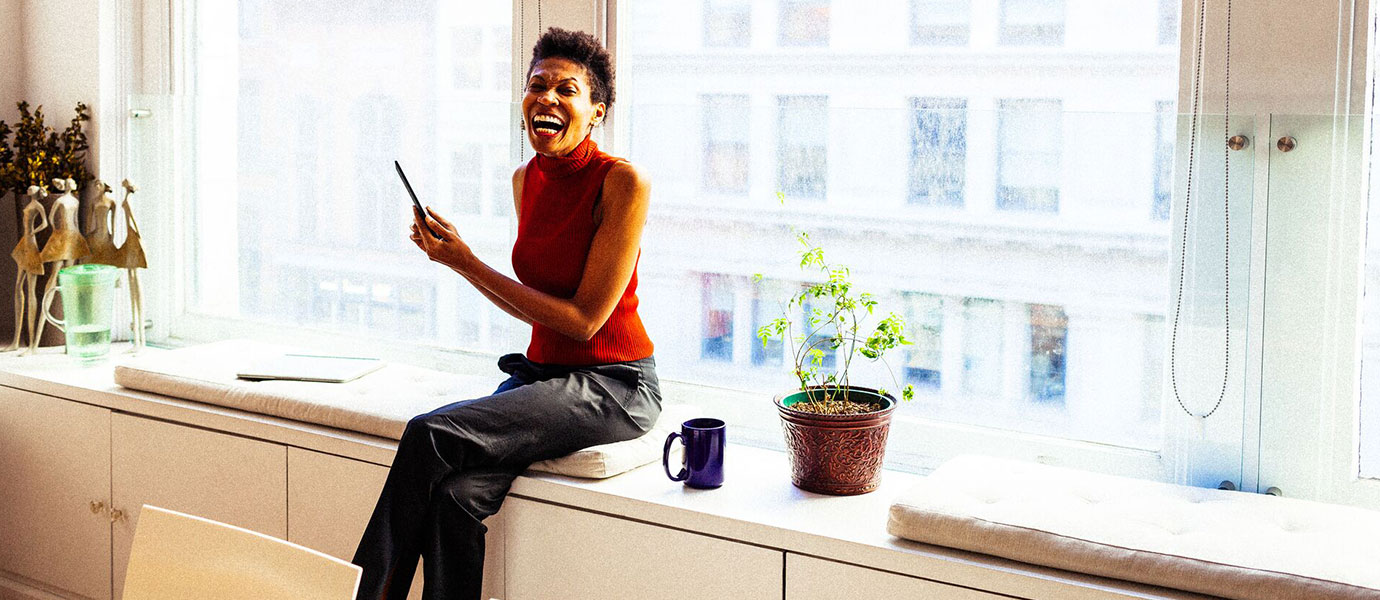
So you’ve found your dream first home. Huge! Let’s get it. Not so fast, you… Before you can make it yours, you’ll need to pay attention to how it’s being sold – because the two main selling styles are pretty different. Will it be an auction or by private treaty? Does it matter? For a first home buyer, there’s a chunk to know and understand about how each of these selling styles works. So, let’s go through their ins and outs.
Private treaties 101
Price
A listed price for a private treaty sale is the price (and not a range, like an auction) the vendor will likely accept to sell their property. The price gives prospective buyers a good indication of how much they should offer noting it might shift during the negotiations. This means that the listed price could be an accurate reflection of what you’d pay if you made an offer and were successful – so you can be more confident searching within your budget. Of course, there’s paperwork and negotiations (if you’re up for a haggle), but if you fall in love with a place and the listed price is right, then you’re closer to living that first-home dream.
Cooling-off period
Got a bit hot when you made the offer and want to back out of a private treaty?
You might be able to (well, in most states – Western Australia and Tasmania don’t have mandatory cooling-off periods). A cooling-off period basically means that after you sign and exchange contracts and pay a deposit on a property, you can back out – provided you’re still in the cooling off period, you offer written notice and you may have to pay a penalty fee.
So, if you hadn’t quite got all your financial ducks in a row but dived in with an offer, you might be able to step back and say, “Whoa, okay, I’m not quite ready.” You need to say this within a certain time, though, which can be anything from two to five business days, depending on the state you live in, after signing the contracts.
In some states it is possible to contract out of the cooling-off period, so check your contract carefully before you sign if you wish to preserve the cooling-off period.
Contract of sale
Whether your offer is the asking price, a little below or a little above, you’re generally in when the seller accepts it. What comes next makes it officially official: signing the contract of sale. Typically, you will have had this looked over by a conveyancer or a solicitor. You (the buyer) sign first, so make sure the right price is listed on the front page. Then the seller signs. A property is considered sold only once both the seller and the buyer have signed and the cooling-off period has passed.
Conditional or unconditional
Private treaties are different to auctions, which are unconditional (more on that in a bit). With private treaties, you have cooling-off periods and contracts that can be packed full with clauses like ‘subject to finance’ (which basically means the sale will only proceed if your bank will lend to you) or a positive building/pest inspection. You can commit to buy the property ‘subject to’ certain conditions being fulfilled. This is known as a conditional offer, and it means you agree to buy the property provided all the conditions check out. Check with your conveyancer or solicitor for guidance on this condition.
Stress levels
For some people, auction or private treaty = no stress either way. But for the auction-hesitant, a private treaty can be a little more of a steady, orderly ride.
Auctions 101
Price
As you’ve looked, researched and inspected, you’ve probably noticed that homes being sold at auction are priced by range. The property should sell for roughly within that price range, pending no surprises like a rogue bidder with cash to splash. And while it differs a bit state by state, the range is generally about 10% – like $500,000 to $550,000, for example.
This number is no guess – it’s an educated estimate by a real estate agent (because they’re required by law to give an accurate estimate), and it’s based on recent comparable sales. And since the law requires a real estate agent to be accurate with this stuff, it’s a good guide to go with. As for how price works in action on auction day, here’s something to keep in mind: once bidding has reached the reserve price (that is, the minimum price that the seller will sell for), any bid beyond that means that if you put in the last bid, you have committed to buy.
Cooling-off period
The words ‘auction’ and ‘cooling-off period’ don’t really go together in the same sentence. Yep, auctions do not have cooling-off periods. If you’re the successful bidder at an auction, then you are committed to buy. So make sure you arrive completely prepared to see it through.
Contract of sale
Speaking of commitment… if you’re the winning bidder on auction day, be prepared to sign the contract of sale and pay a deposit of around 10% then and there.
Conditional or unconditional
When the auction bidding gets going, bids are unconditional and not subject to finance (you should have finance ready to roll) or any other condition.
Stress levels
The added competition and pressure of an auction can be a bit much for some of us. That’s cool. You do you. But if you’ve found the perfect home and it’s going to auction, it will be a great help gathering as much information on the auction process as possible and getting good advice from an expert. The more you know, the easier it will be.
The biggest differences between private treaty and auction
Price
Private treaty: A price set by the vendor or seller
Auction: An estimated price range outlined before bidding for the property
Cooling-off period
Private treaty:
Auction:
Contract of sale
Private treaty: You sign when the seller accepts your offer
Auction: You sign on auction day
Conditional or unconditional
Auction: Always unconditional
Private treaty: Can be both, but ‘subject to finance’ is a common condition
Stress levels
Private treaty : Medium stress. However, you may have more control, as you may be able to tailor the contract to your needs via the inclusion of ‘subject to’ clauses and may have a better understanding of what you are getting into
Auction : High stress. There’s less control and the auction takes place within a couple of hours on one day, so things move quickly.
Important information
Any advice in this article does not take into account your objectives, financial situation or needs, and you should consider whether it is appropriate for you. This does not constitute legal or tax advice. Please seek your own independent legal or tax advice accordingly. Before making a decision in relation to our home loan products, you should read the Terms and Conditions booklet and Fees and Limits schedule, available at ing.com.au or by calling 133 464. All applications for credit are subject to ING’s credit approval criteria. Fees and charges apply. ING is a business name of ING Bank (Australia) Limited ABN 24 000 893 292, AFSL and Australian Credit Licence 229823.
ING does not endorse and is not affiliated with third parties mentioned in this article. ING is not responsible for any services provided by third parties nor does ING accept any liability or responsibility arising in any way from any products or services supplied by the third parties.
Did you find this page helpful?
You might be interested
New places, new faces: meet the who’s who of the home-buying process

From the moment you start choosing between lenders to the day you move in, you’re going to meet a bunch of new people in your home-buying journey. Let’s find out a little more about who they are, what they do and how you can get the most out of their expertise along the way.
The ING Home Loan Specialist
I’m your ING Home Loan Specialist. I’ll be there from the moment you have your first home loan question to when you want to discuss your borrowing power. I’m your go-to from when you’re ready to start your application right through to when you head into settlement. I’ll be your number one contact at ING, so reach out to me for any questions or help.
The real estate agent
I’m your real estate agent. You’ve either chosen me to help you find your first home or you might’ve fallen in love with the house I’m helping the vendor (the owner, that is) sell. I’m the person who helps you and the seller do important things like negotiate on price. I can also help you find a home, if you haven’t yet. You can ask me about things like recent sales in the area, why the seller is selling, whether there are any issues with the property, how long it has been on the market – and you can even ask me for the suburb’s profile to find out about things like schools and transport.
The building inspector
I’m a home (or building) inspector. The most important thing I do is protect you from buying a house that has underlying issues that you might not notice when you visit yourself. I look for things like structural issues, faulty roofs, rising damp, electrical problems, safety issues and pest damage. Basically, I look for a whole lot. I’ll even offer advice on repairs, including their potential costs.
The conveyancer
My time to shine is when you’re deep in the settlement nitty-gritty, but you can bring me on to do things like review a property’s contract of sale before you make an offer or get geared up to bid. But mostly, I handle the transfer of ownership – the process to legally hand over the property from the seller to you, the buyer. I wrangle the paperwork and handle the documents. I also do things like check on titles and check if there’s any debt on the property, but my focus is on making sure settlement goes through nice and smoothly.
The solicitor
Hi! I’m a solicitor. You can go with a conveyancer or you can go with me. I basically do the same tasks as a conveyancer, but with a little difference. Because of my legal background, I generally have a broader knowledge of the law. The conveyancer and I are both perfectly qualified to help with property transactions, but consider working with me for property transactions that might be more complex or risky, or if you need additional legal advice.
The buyer’s agent
I can be a huge help in your home-buying journey. I’m a buyer’s agent and I am on your side. Sometimes it can feel like things are stacked against buyers in the property market, but that’s where I come in. I’m licensed to help you buy your first home – and the kind of help I can offer includes searching, evaluating and negotiating (even bidding for you at auction!). So, while real estate agents are on the seller’s team, I’m completely in your corner, future home buyer.
The depreciation specialist
Most of you won’t come across me, but I play an important role for anyone who is investing. I can help you save money and improve your cash flow by discovering property tax depreciation deductions for you. I’m here to help you make the right claims at tax time so that you can maximise your tax savings and get the most out of your investment, investor.
Important information
Any advice in this article does not take into account your objectives, financial situation or needs, and you should consider whether it is appropriate for you. Before making a decision in relation to our home loan products, you should read the Terms and Conditions booklet and Fees and Limits schedule, available at ing.com.au or by calling 133 464. All applications for credit are subject to ING’s credit approval criteria. Fees and charges apply. ING is a business name of ING Bank (Australia) Limited ABN 24 000 893 292, AFSL and Australian Credit Licence 229823.
Did you find this page helpful?
You might be interested
In it to win it: here’s how to tackle buying at auction

Straight talk: you can choose your future dream home, but you can’t choose how the seller wants to sell it. So, if you fall head over heels in love with a place, it’s a good idea to be ready for how it’s being sold, whether that’s through a private treaty or at auction.
Private treaties are fairly straightforward, but an auction is bit of a different ballgame – it can be sporting, competitive and way intense. But no matter whether you get pumped up at the thought of battling it out on the footpath or prefer a cool-headed negotiation, a little auction preparation can go a long long way.
It’s all about planning ahead, thinking through your auction-day tactics and knowing exactly what to do in the heat of the moment. Here are some handy tips to handle the auction action and have a better chance of nailing the winning bid, your way.
A few months ahead: starting your auction prep
Revel in research
Inspect as many properties as you can in the area you’re looking to buy in. Find out how much they’re actually selling for (not just the asking price). Hit up local real estate agents – they’re a great source of this information.
Head along to a few auctions to get a feel for how they run. You’ll experience the atmosphere, how people bid, how different agents operate – plus, seeing how much the properties sell for (or don’t sell for) can help with your price research.
This price probing can give you a better idea of what a property you’re interested in is worth in the market. And it will help you discover your upper limit (because you’ll see how much properties you like are going for) when you start shopping seriously.
Think about preparing with pre-approval
Auctions are different to private treaties in a couple of big ways (and not including the auction-day action). If you win at auction, there’s no cooling-off period and you pay a deposit straight away – usually 10% of the purchase price. So, you might want to think about having your home loan pre-approval sorted ahead of auction day and the deposit amount ready to hand over. Also, pre-approval, depending on the lender, could be valid for up to 90 days, so there’s no harm getting it well before you think you’ll be ready to get your bid on.
Initiate inspections and covet those contracts
If you’ve found a place you’re interested in, and you’re willing to bid, you’ll want to make sure you get all your inspections done (such as pest and building) and reports read (like strata reports, for one) before auction day. And ask the agent for a copy of the contract in advance so you can show it to your solicitor or conveyancer for a once-over. They might request some changes, or they’ll let you know that the contract is good to go. This is a vital step before auction, in case you do land the winning bid and need to sign on the day (yikes but woo!).
Consider making an offer before auction
If you’d prefer not to go to auction, or you love the place so much you want to try to make it yours asap (for a price you’re comfortable with, of course), you could consider making an offer before auction day. This can be a good strategy in a buyer’s market, when there may be lower interest in the property. You risk paying more than you might at a slow auction, but it can be a good way to make the house yours with a little less fuss.
A week (or so) out: talking tactics
In the weeks and days leading up to the auction, play your cards close to your chest when you talk to the seller’s agent. Don’t tell them too much – especially how much you’re prepared to pay. Holding back this info can help improve your negotiating position. It also helps to make sure the seller’s agent doesn’t use the info to sway other interested buyers.
As far as bidding tactics go, there are lots of different opinions out there – but you have to do you! So prepare yourself to go in with an approach you’re comfortable with. Some say to settle the nerves by bidding early, starting low and going slow to set the pace and avoid bidding wars. Others say to wait until the reserve is passed and the property is officially on the market. In the end, it’s all about what works best for you.
Today’s the day: let’s get it!
Register to bid
You can’t just turn up when the auction starts and start screaming bids. You need to register as a bidder if you want to be a part of the auction. Make sure you bring your ID – a drivers licence is fine.
Keep things on the down-low
The agent isn’t the enemy, but they are on the seller’s side. Ask them questions, but keep things like your budget and your emotions about the property close to your chest.
Stand up and be counted
Nudge to the front of the pack so the agent can see you easily. And angle yourself to check out the other bidders’ body language and facial expressions so you can get a read on them.
The waiting game
The agent will open the auction by asking for an opening price. As we said, you can start low and go slow or wait for the reserve to kick things into gear. Just remember, the property is only ‘on the market’ when the reserve is reached.
How to bid
A little swagger doesn’t hurt to make sure the agent knows you’re there. When calling out the number, do it in full numbers (i.e., “three hundred and one thousand”, not “301K”). This sounds impressive, shows other bidders that you’re confident with the price you’re putting forward, and hopefully scares them off. 👻
What to do if the property ‘passes in’ (aka doesn’t meet the reserve)
You could be about to snag yourself a bargain. If no one bids high enough to meet the reserve, the agent will seek more bids in an attempt to save the sale, and the closest bid to the reserve will get the chance to negotiate with the seller. If there are no bids at all, the agent might consider offers after the bidding has finished (but this may depend on where you live).
Bring a buddy
We’re all liable to get caught up in the moment, so take a friend along. Ask them to watch over you, keep you accountable and make sure you don’t let your emotions push you above your price ceiling. Afterwards, buy them a nice dinner.
Don’t forget the deposit
Hey, so, you won! You’ll need to hand over a deposit right then and there. Most people come armed with a bank cheque for 10% of what they’re prepared to pay for the property. Whatever you do, don’t let it blow away in the wind.
Important information
Any advice in this article does not take into account your objectives, financial situation or needs, and you should consider whether it is appropriate for you. Before making a decision in relation to our home loan products, you should read the Terms and Conditions booklet and Fees and Limits schedule, available at ing.com.au or by calling 133 464. All applications for credit are subject to ING’s credit approval criteria. Fees and charges apply. ING is a business name of ING Bank (Australia) Limited ABN 24 000 893 292, AFSL and Australian Credit Licence 229823.

